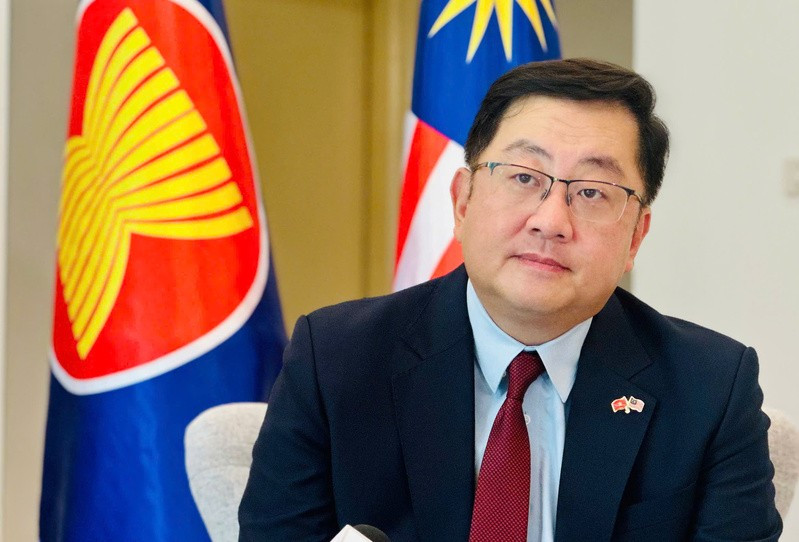
Malaysian Ambassador to Vietnam Dato' Tan Yang Thai.
On this occasion, Malaysian Ambassador to Vietnam Dato' Tan Yang Thai shared with Nhan Dan Newspaper reporters.
Reporter: Could you please share with us about Malaysia’s preparations for the 2025 ASEAN Chairmanship towards the 10th anniversary of the ASEAN Community? Could you tell us more about the significance of the theme “Inclusiveness and Sustainability” for the 2025 ASEAN Chairmanship?
Ambassador of Malaysia to Vietnam Dato' Tan Yang Thai : The Kuala Lumpur Declaration has transformed the 10-year review of ASEAN into a 20-year strategy. It has strengthened ASEAN institutions, ensured annual accountability and placed people at the centre of a resilient and innovative Community. It is a testament to the fact that ASEAN is not just planning for the next summit, but for the next generation.
Let us look back at the 10-year journey of building the ASEAN Community (2015-2025), a very important period. As we know, the Kuala Lumpur/Langkawi Declaration in December 2015 has made ASEAN a rules-based Community with three coordinated pillars.
The 10th anniversary of the ASEAN Community is an opportunity for leaders to review the obstacles in the process of building the community (such as issues related to the digital divide, supply chain resilience and mobilizing green finance); and summarize lessons learned and incorporate them into the post-2025 agenda.
The newly adopted Kuala Lumpur Declaration on ASEAN 2045 outlines our shared future. It marks the first time that ASEAN leaders have adopted a single political declaration that sets a timeframe up to 2045, doubling the usual 10-year planning cycle and helping investors, donors and citizens understand where the ASEAN Community is headed.
The statement also adopted the ASEAN Community Vision 2045 and four specific strategic plans for the four pillars (political-security, economic , socio-cultural, connectivity), ensuring synchronous development in all areas. The leaders specifically tasked ASEAN with “strengthening institutional capacity and effectiveness” and strengthening the ASEAN Secretariat, demonstrating a shared willingness to increase resources and speed up decision-making, in the context of increasingly deepening cooperation between countries.
The statement emphasised a “resilient, innovative, dynamic and people-centred ASEAN”, affirming the core spirit of the Association to bring practical benefits to the people. This is completely in line with Malaysia’s theme of “Inclusive and Sustainable” during its Chairmanship in 2025.
For its ASEAN Chairmanship 2025, Malaysia has chosen the theme of “Inclusiveness and Sustainability”. “Inclusiveness” means ensuring that all ASEAN citizens see the benefits of the Community in their daily lives. Accordingly, Malaysia aims to “leave no one behind” by narrowing the intra-regional development gap, providing equitable economic development opportunities and enhancing social protection across ASEAN. “Sustainability” means protecting the interests of future generations. Accordingly, ASEAN will strengthen efforts in climate resilience, clean energy transition, sustainable investment and environmental management, including integrating green finance and energy frameworks across ASEAN member states.
Malaysia's key priorities as ASEAN Chair 2025 can be summarized as follows:
First, to strengthen ASEAN centrality by promoting strategic trust among countries through dialogue, diplomacy and goodwill. By promoting cooperation with member countries, Malaysia seeks to build and expand economic partnerships with them.
Second, promote a stronger commitment to increase intra-ASEAN trade and investment. Malaysia will ensure that ASEAN can capitalize on advances in science, technology and innovation, and harness the benefits of digital transformation and new technologies.
Third, ensuring inclusiveness and sustainability, which is the theme of our ASEAN Chairmanship 2025, will be central to our Community-building efforts. This will require greater efforts to narrow the development gap and inequality, improve the living standards of our peoples, and mitigate the impacts of climate change.
To realise these goals, Malaysia is promoting a number of projects across ASEAN. These include the Digital and Green Plan, under which Malaysia will promote the completion of the ASEAN Digital Economy Framework Agreement (DEFA) and the ASEAN Green Deal 2030, facilitate the building of an inclusive digital market and mobilize climate finance. In addition, as ASEAN Chair, Malaysia will support the expansion of the ASEAN Power Grid, linking energy security with equitable and sustainable development across the region.
Reporter: 2025 is an important year for Vietnam as it celebrates the 30th anniversary of its accession to ASEAN, opening up new opportunities for Vietnam to gradually mature and integrate deeply into the region and the world. Could you please assess Vietnam's role, position and contribution in realizing ASEAN's development visions?
Malaysian Ambassador to Vietnam Dato' Tan Yang Thai: Vietnam's contribution to ASEAN is demonstrated first of all through its efforts to promote integration and build ASEAN institutions during the period from 1995-2005.
Joining ASEAN on July 28, 1995, Vietnam became the 7th member and was the main driving force behind ASEAN's expansion, becoming the "common home" of all 10 Southeast Asian countries in 1999.
In 1998, as ASEAN Chair, Vietnam organized the 6th ASEAN Summit and developed the Association's first work plan towards the ASEAN Vision 2000. Vietnam was also an active contributor to the formation of important mechanisms of the Association such as ASEAN+3, the East Asia Summit and the ASEAN Regional Forum, thereby helping ASEAN expand its dialogue partnerships and position in the international arena.
Second, during the 2005-2015 period, Vietnam made positive contributions to the building of the ASEAN Community. Accordingly, Vietnam actively participated in the building and implementation of the ASEAN Charter (2008) and supported the establishment of the ASEAN Community in 2015.
By supporting adherence to legal instruments and norms, Vietnam has promoted the process of shaping ASEAN’s rules-based regional order. As ASEAN Chair in 2010, Vietnam played a pioneering role in implementing the association’s agenda, contributing to the establishment and development of the ASEAN Defense Ministers’ Meeting Plus (ADMM+), which has now become an important security mechanism in the region.
During the 2015-2025 period, Vietnam's outstanding mark in ASEAN was clearly demonstrated through its efforts to lead and cooperate with member countries to help ASEAN overcome many challenges. Vietnam assumed the role of Vietnam Chair in 2020, at the peak of the Covid-19 pandemic. Actively promoting its role, Vietnam has demonstrated strong efforts to lead ASEAN to overcome difficulties.
Accordingly, Vietnam chaired the first ASEAN Summit held online; established the ASEAN Covid-19 Response Fund; urged member countries to coordinate the implementation of recovery measures; and maintained ASEAN solidarity in the context of increasing competition among major countries and tensions related to the East Sea issue.
Vietnam has emerged as one of ASEAN’s most dynamic economies, contributing to the enhancement of ASEAN’s global trade profile. Vietnam has played a key role in the ratification and implementation of the Regional Comprehensive Economic Partnership (RCEP), promoting intra-ASEAN and ASEAN+6 trade, and actively supporting ASEAN’s economic integration goals, including narrowing the development gap through initiatives such as the Initiative for ASEAN Integration (IAI) and the Mekong sub-regional frameworks.
Vietnam has always defended ASEAN’s central role in diplomacy and cooperation in the region. Regarding the East Sea issue, Vietnam has contributed to shaping ASEAN’s common stance of supporting the peaceful settlement of disputes based on international law, especially the 1982 United Nations Convention on the Law of the Sea (UNCLOS) and promoting the agenda of building a Code of Conduct in the East Sea (COC). Vietnam has always expressed a strong voice in maintaining the principles of non-interference, respect for sovereignty and maintaining ASEAN consensus, while promoting substantive cooperation among member countries.
In addition, Vietnam has also actively contributed to promoting ASEAN cooperation in the fields of culture, education and youth. Accordingly, Vietnam has hosted the ASEAN School Games and promoted Vietnamese language and culture through ASEAN forums; supported ASEAN's people-centered agenda, promoted the implementation of disaster relief activities, ensured health security and labor initiatives; promoted gender equality, rural development and human resource development.
Over the past 30 years, Vietnam has become a trustworthy, constructive member and has always strived to promote ASEAN consensus.
Reporter: In 2024, Vietnam and Malaysia will upgrade their relationship to a Comprehensive Strategic Partnership. Could you please share your assessment of the achievements and prospects of cooperation between Vietnam and Malaysia?
Malaysian Ambassador to Vietnam Dato' Tan Yang Thai: In 2024, the visit to Malaysia by General Secretary To Lam and his wife along with the high-ranking Vietnamese delegation achieved important results in the two countries upgrading their relationship to a Comprehensive Strategic Partnership, opening a new era of promising cooperation between Vietnam and Malaysia.
This milestone reflects the friendship, mutual trust and close cooperation between the two countries. The leaders of the two countries pledged to deepen bilateral relations, especially expanding cooperation in new areas.
In the field of trade, bilateral trade turnover in 2024 will reach nearly 18 billion USD and promises to reach 20 billion USD in the near future. The two economies are complementary to each other. Malaysia is a country with strengths in the production of goods and energy. Vietnam is a country that is developing rapidly in terms of production and needs a lot of energy.
Malaysian businesses also consider Vietnam a potential investment environment. To date, Malaysia has invested more than 13 billion USD in Vietnam, with about 760 projects spanning areas such as manufacturing, finance, real estate, securities, transportation, etc. Vietnam and Malaysia are also promoting bilateral cooperation in green energy trade and Halal food supply chains.
Tourism is another important pillar of our bilateral relationship. In 2024, Malaysia welcomed more than 300,000 Vietnamese tourists and I hope that more Vietnamese tourists will come to Malaysia. This shows the strong connection between the people of both countries, thanks to direct flights between major cities in Vietnam such as Hanoi, Ho Chi Minh City and Da Nang with localities in Malaysia.
Reporter: Thank you very much, Ambassador.
Nhandan.vn
Source: https://nhandan.vn/dai-su-malaysia-tai-viet-nam-viet-nam-da-dan-dat-asean-vuot-nhieu-thach-thuc-post896843.html


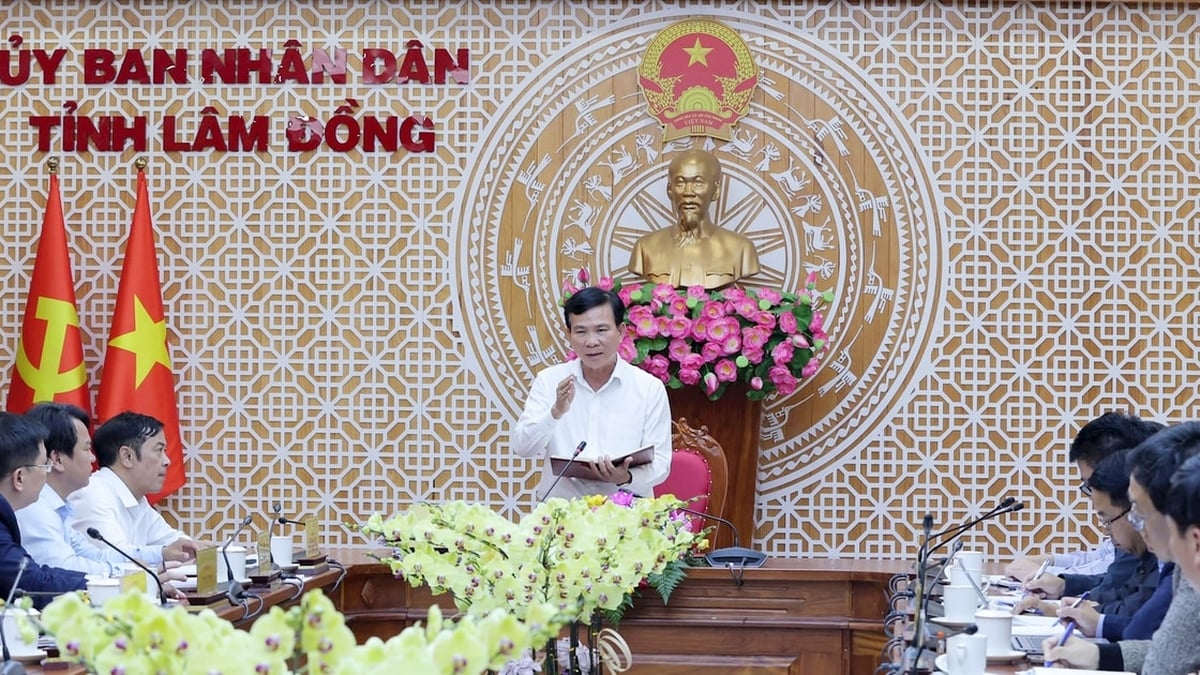
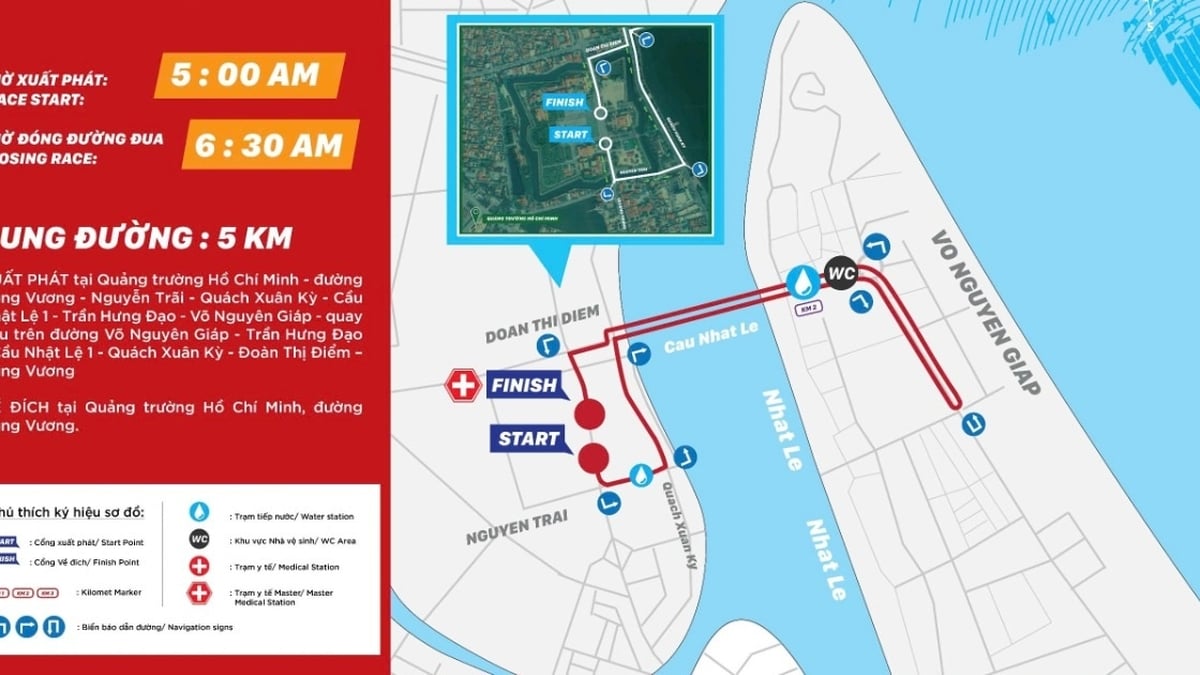
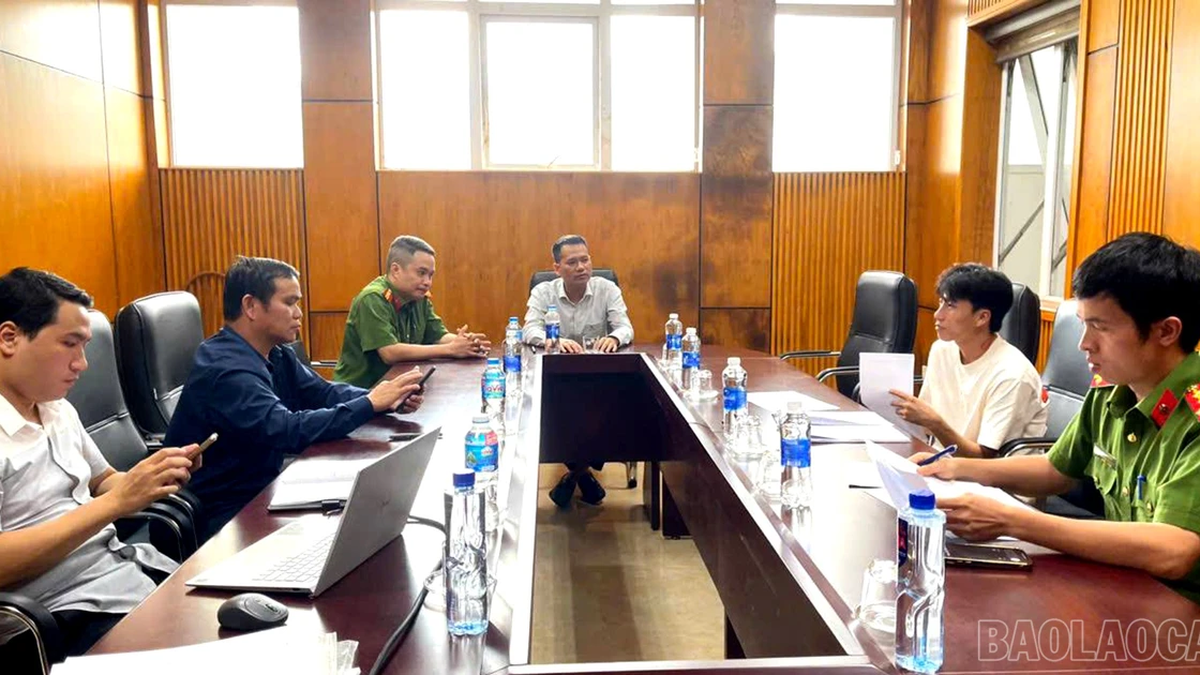
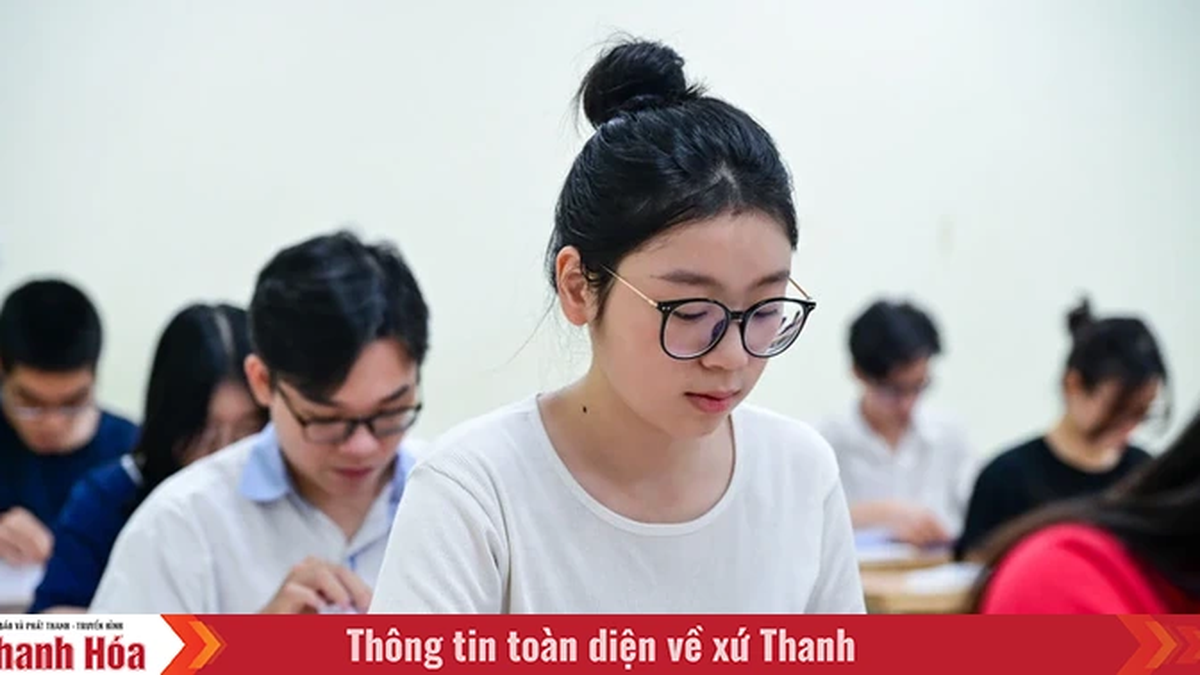
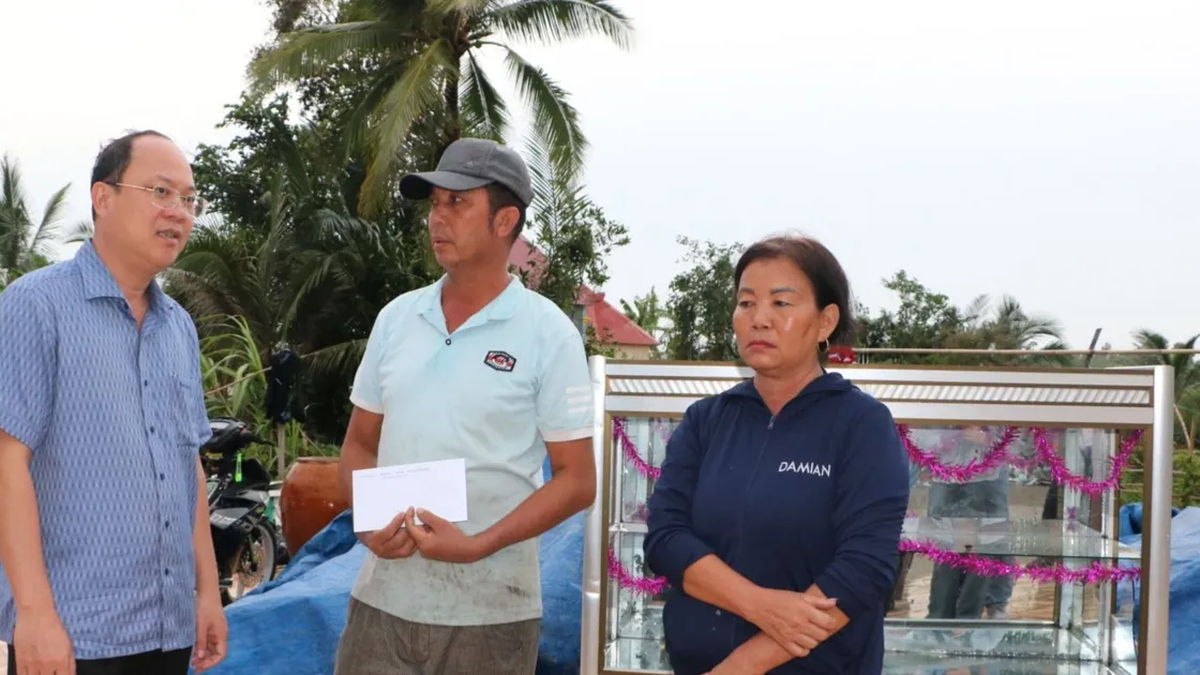
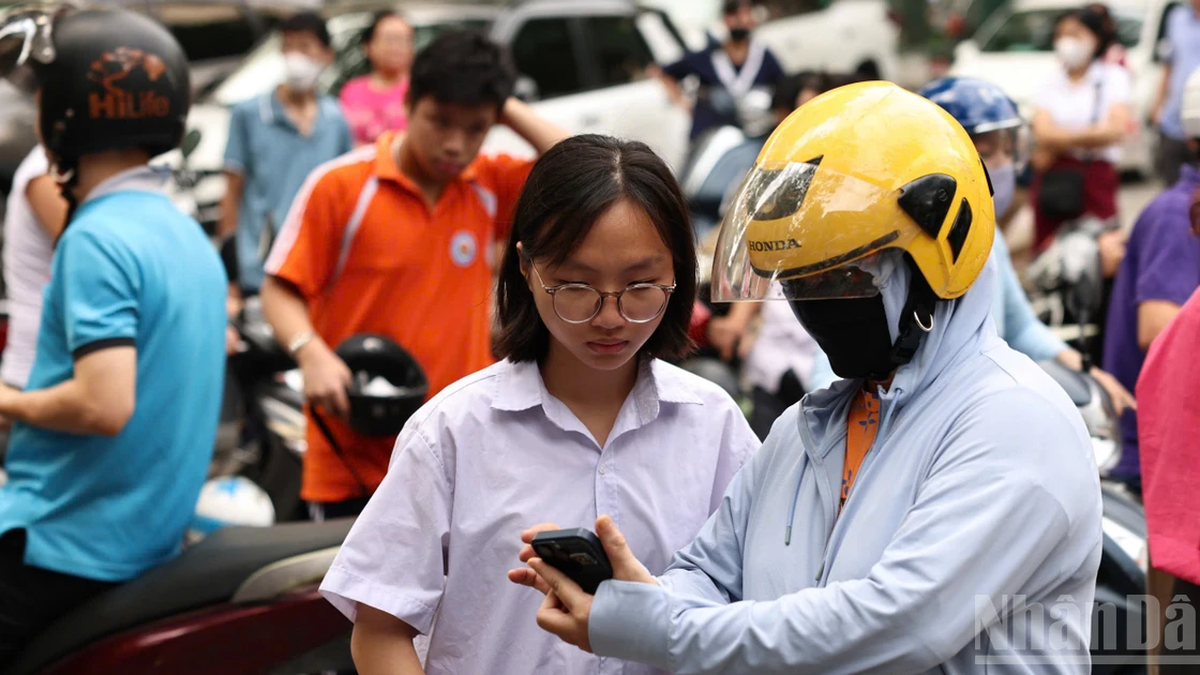
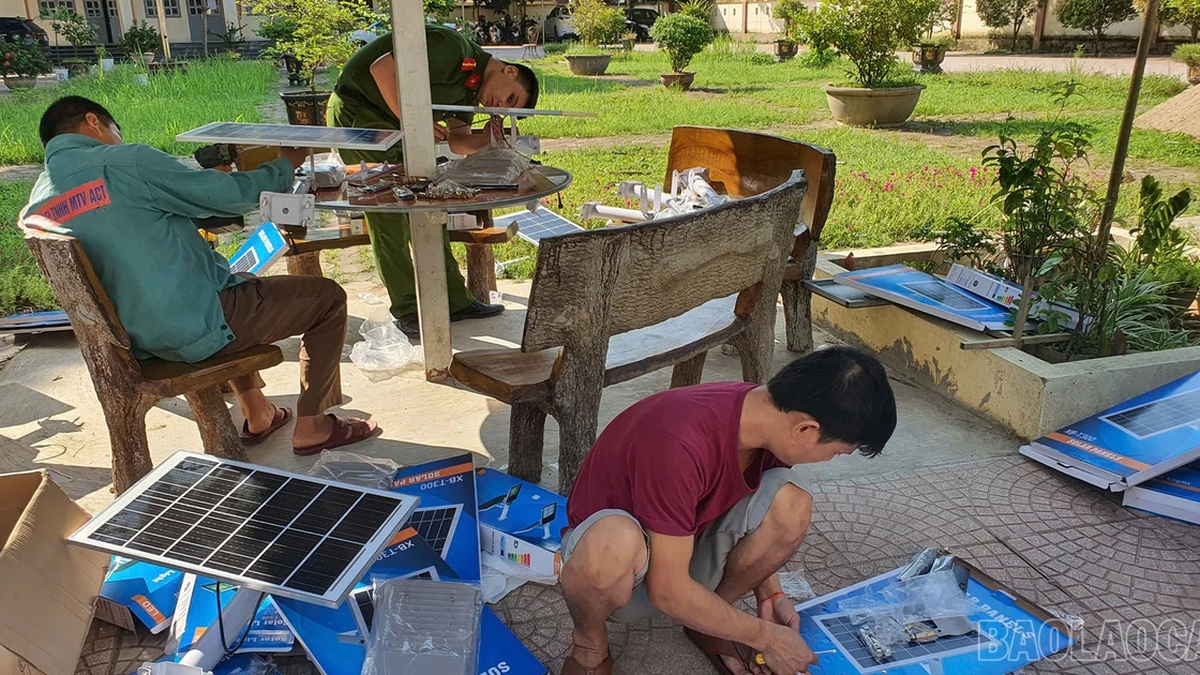
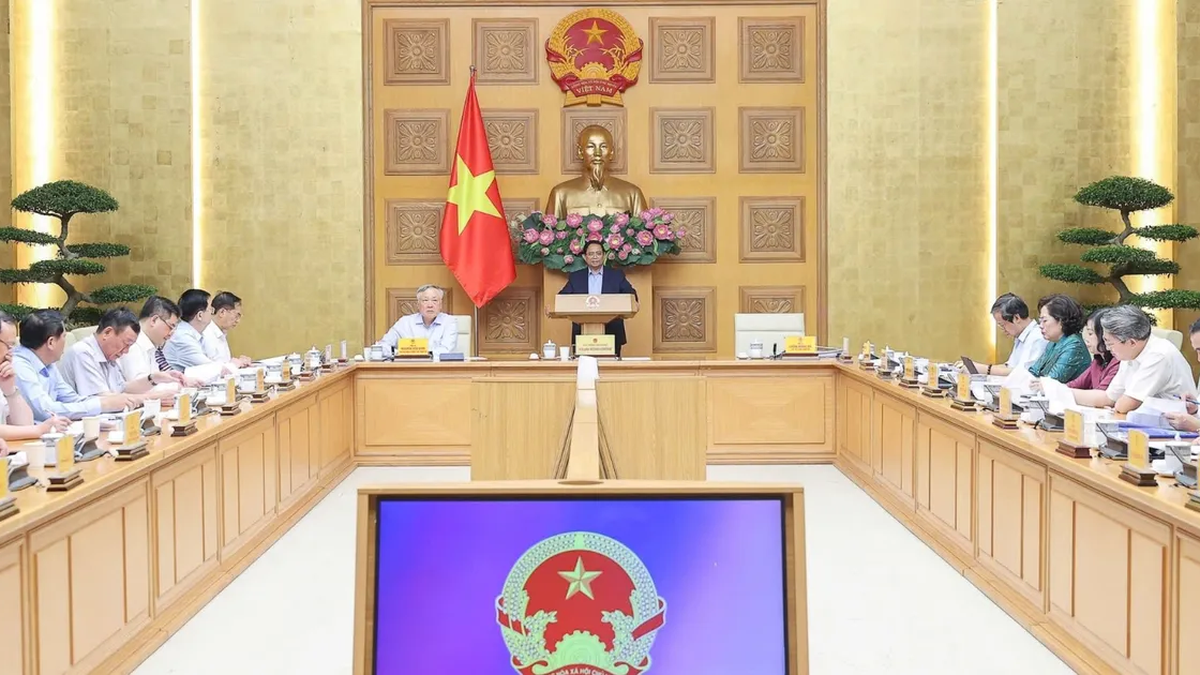
![[INFOGRAPHIC] Quantum Flip Agate: The first folding phone with feng shui stone](https://vphoto.vietnam.vn/thumb/1200x675/vietnam/resource/IMAGE/2025/7/28/810874d2267a418ab15b55c7a5e74f6b)
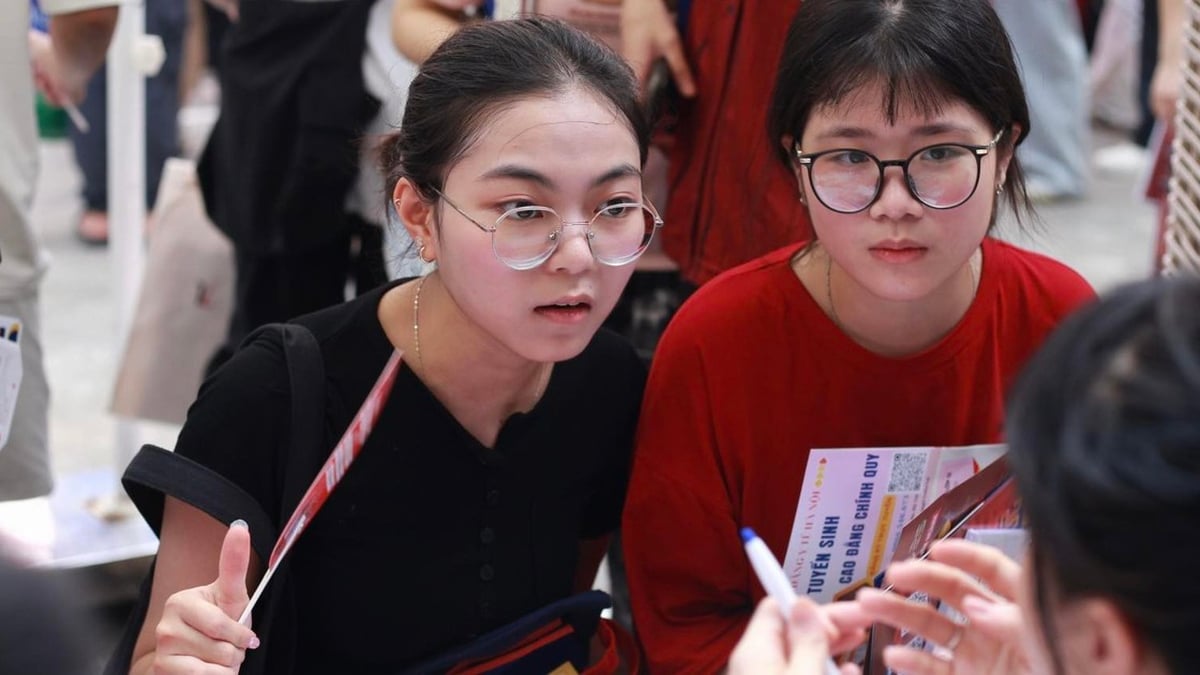















![[Photo] National Assembly Chairman attends the seminar "Building and operating an international financial center and recommendations for Vietnam"](https://vphoto.vietnam.vn/thumb/1200x675/vietnam/resource/IMAGE/2025/7/28/76393436936e457db31ec84433289f72)








































































Comment (0)